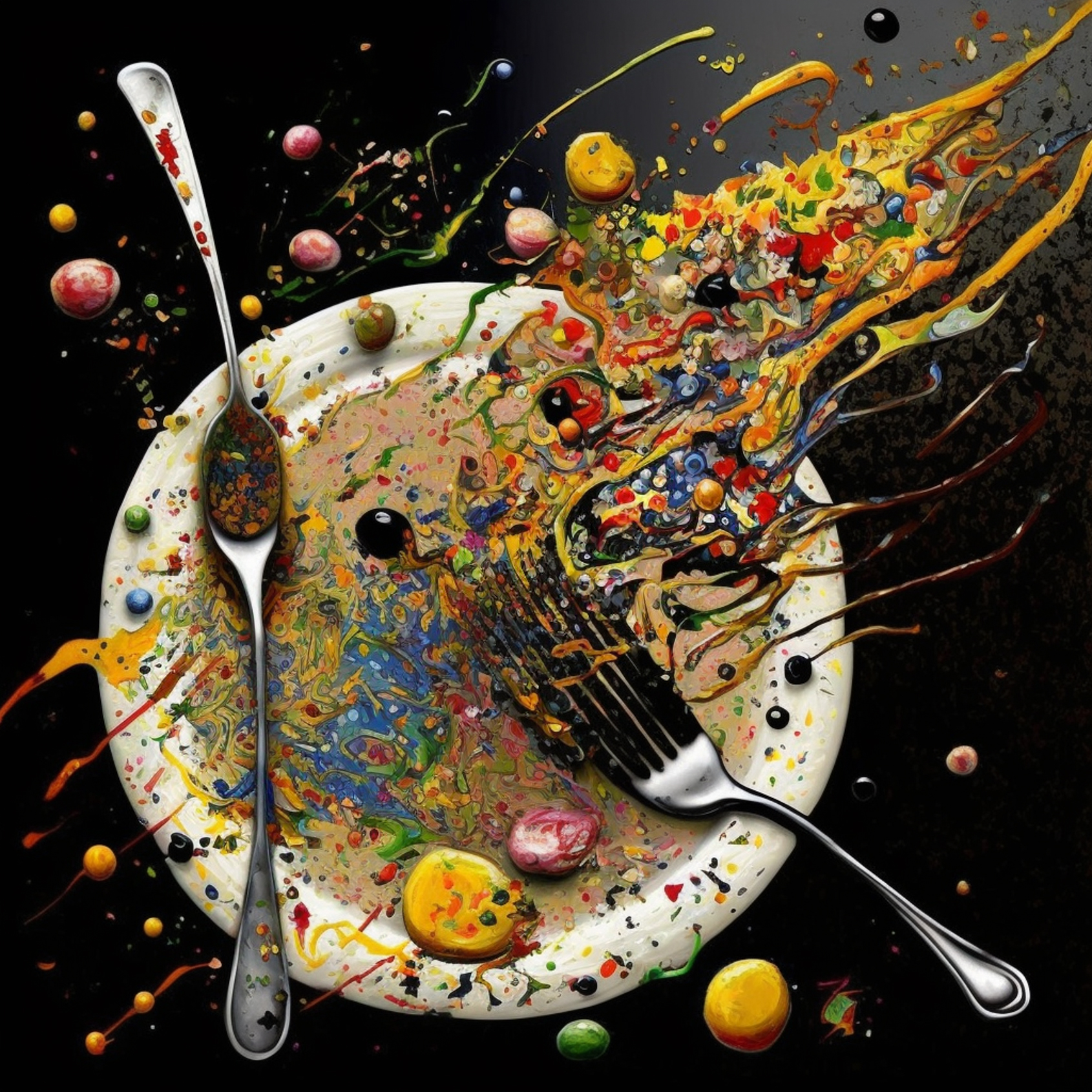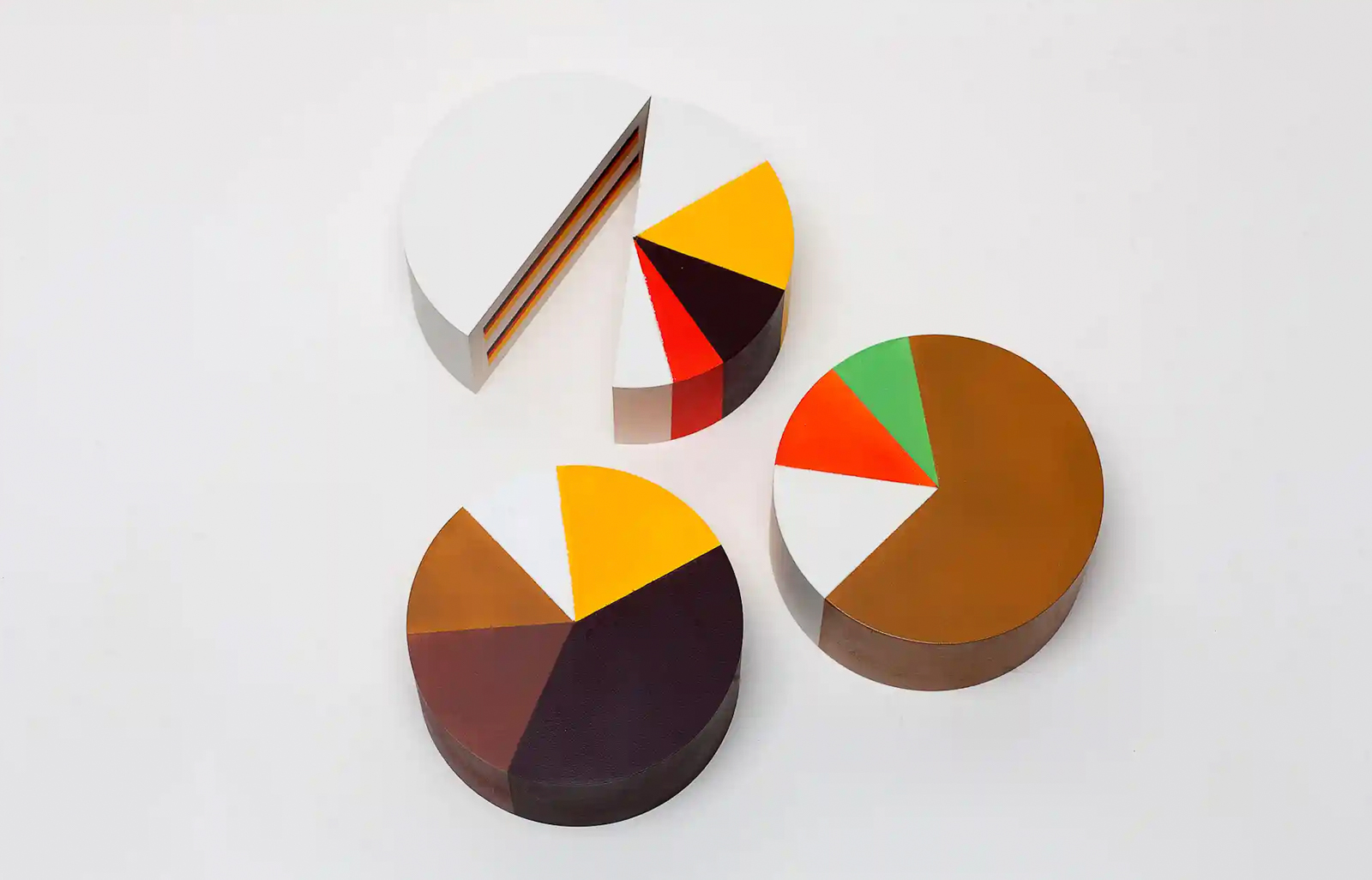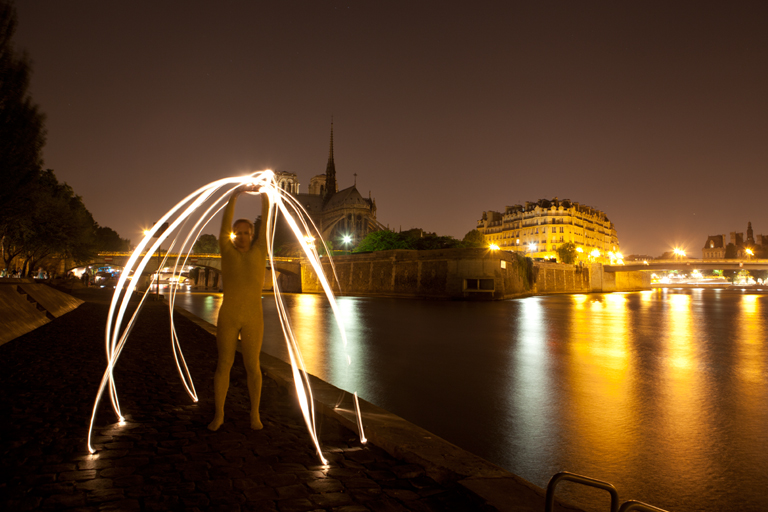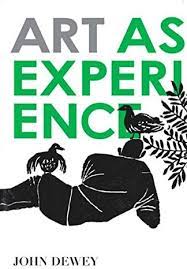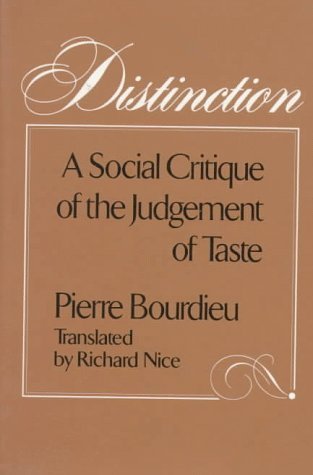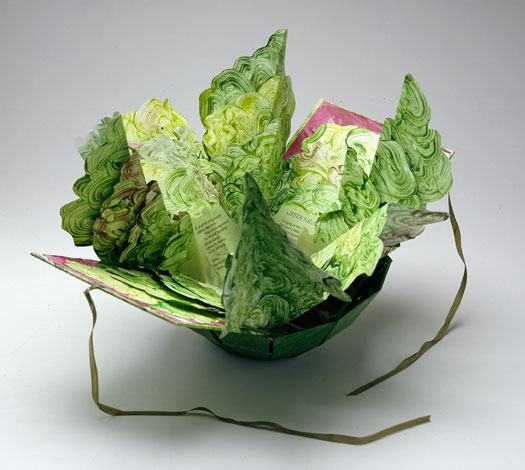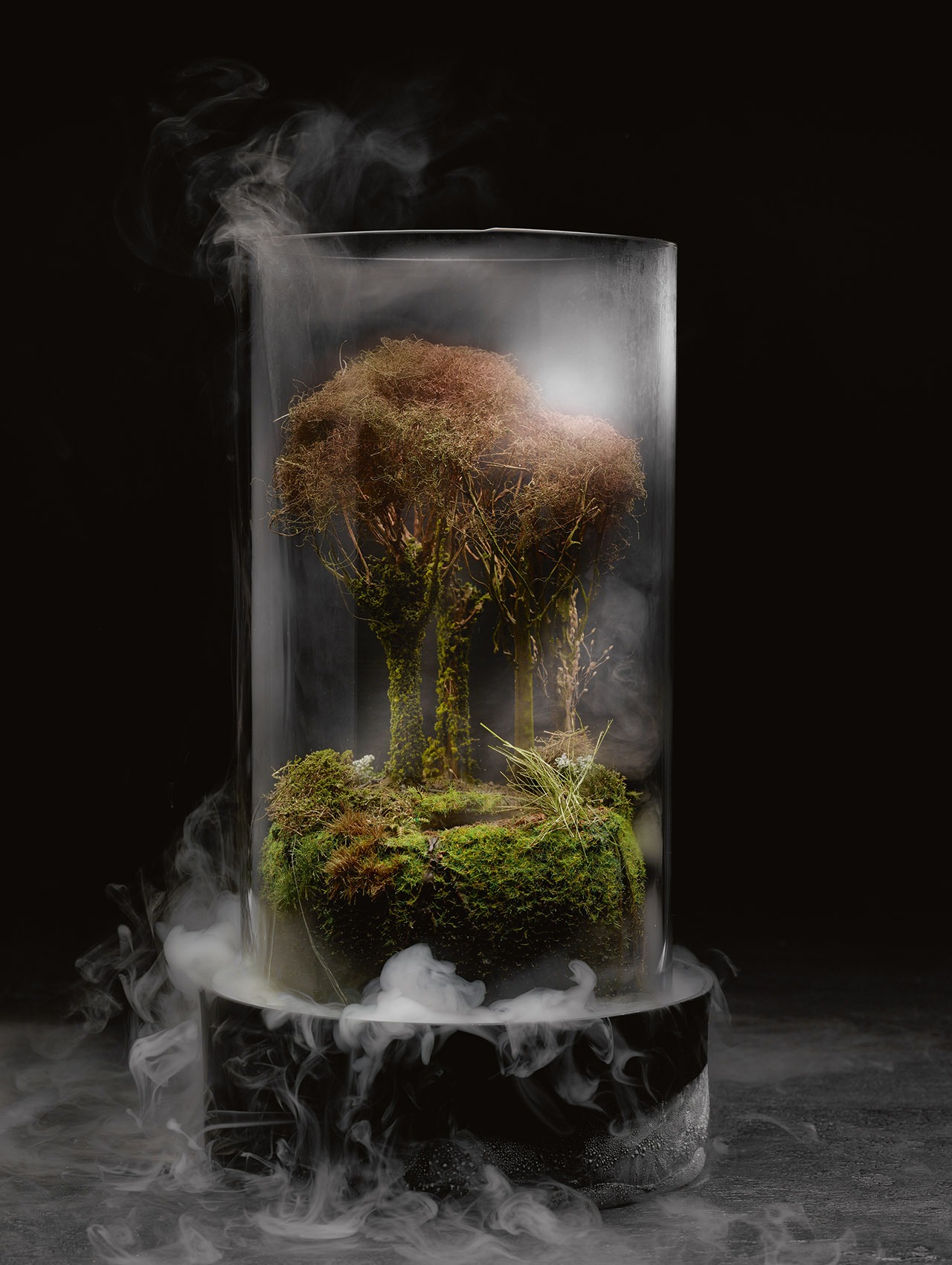In search of new inspirations, I decided to run tests with the "Midjourney" AI program that creates the image. The wizard, or rather the programmer, creates a task for the program using keywords with which the AI creates an image. The results exceeded my wildest expectations. I came to the conclusion that we are really limited in this cooperation by our vocabulary and imagination. The program made a great impression on me. I've been very skeptical about using such programs to create visual art. However, after many hours of experimentation, I came to the conclusion that the program has great...
ART717- Martí Guixé
Martí Guixé (born 1964) is a Spanish designer living in Barcelona and Berlin. He graduated from interior design at Elisava in Barcelona in 1985 and enrolled in industrial design studies at Scuola Politecnica di Design di Milano in 1986. industry Guixé started the movement of former designers by defining themselves under the same name. Guixé is very honest in his reluctance to design as a stylized object and form. Rather than transforming existing products, Guixé's work claims to change the way people see and think. Design do Guixé must evoke a constant evaluation of the parameters of a function and an...
art 717-Richard Shusterman- Somaesthetics and gastronomy A few thoughts about the art of eating
When considering the aesthetics of gastronomy, one can focus on at least three separate, though closely interrelated, and sometimes overlapping dimensions. The first would consist of various, often complex processes, methods, goals, criteria, and experiences related to the preparation of food and drinks. The way of serving food and drinks (including necessary utensils such as crockery and cutlery) could also be included here.We could call this dimension the "art of cuisine" and specify food preparation and serving. The second tier of aesthetic research and discussion would focus on the food products themselves and would include their properties relevant to aesthetic...
ART717- Art as Experience- John Dewey.
Dewey based his pedagogical system on instrumentalism, a direction of pragmatism initiated by Charles Peirce and disseminated by William James. It consisted of understanding experience as the essence of truth - what works as true is true. Experience is the source of gaining and verifying knowledge, hence the slogan of learning by doing was developed in his school of work. The school was modeled on a self-sufficient household, where children performed various crafts and household activities. The emphasis was on practical and manual activity. The main goal of the school was to stimulate the innate abilities of children, interests, enriching...
Pierre Bourdieu (1930–2002) was a French sociologist and public intellectual. Bourdieu's contributions to the sociology of education, the theory of sociology, and the sociology of aesthetics have had a wide impact in several related academic fields (e.g. anthropology, media and cultural studies, education, popular culture, and the arts). In his academic career, he was associated primarily with the School of Advanced Studies in Social Sciences in Paris and the Collège de France. Bourdieu's work was primarily concerned with the dynamics of power in society, especially the diverse and subtle ways in which power is transferred and the maintenance of social order...
ART-717-inspirations-Art books
https://nmwa.org/exhibitions/bound-to-amaze/ ...
Heston Marc Blumenthal born 27 May 1966) is a British celebrity chef, TV personality, and food writer. Blumenthal is regarded as a pioneer of multi-sensory cooking, food pairing, and flavor encapsulation. He came to public attention with unusual recipes, such as bacon-and-egg ice cream and snail porridge. His recipes for triple-cooked chips and soft-centered Scotch eggs have been widely imitated. He has advocated a scientific approach to cooking, for which he has been awarded honorary degrees from Reading, Bristol, and London universities and made an honorary Fellow of the Royal Society of Chemistry.. Blumenthal calls his scientific approach to cuisine "multi-sensory cooking", arguing that eating is "one of the...


